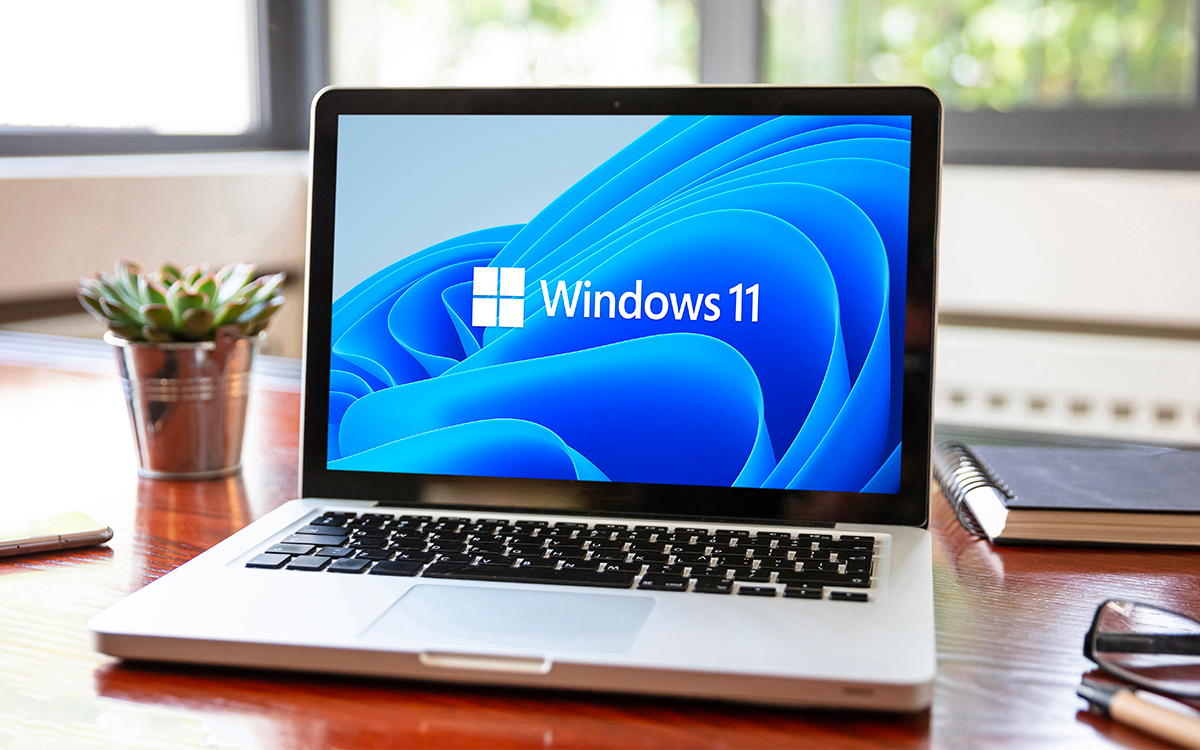Microsoft has in turn announced a series of current and future changes to Windows, its operating system for PC. These aim to comply with the DMA, the new digital law in Europe.

After Apple and its iPhones, but also Google and its search browser, Microsoft has also shared the details of how it has made changes to Windows in order to comply with the Digital Markets Act (DMA) of the European Union (EU), which aims to promote fair and open competition in the digital sector.
The Digital Markets Act, recently adopted by the European Union, imposes a series of obligations and prohibitions on large online platforms that act as guardians of the single market. These include allowing users to uninstall pre-installed software, enabling interoperability with third-party services, and preventing self-referencing and sharing of data between services.
What changes will Microsoft make to Windows?
Thanks to the open nature of Windows, some DMA requirements did not require change from Microsoft : Users have always been able to install applications in Windows from any source, including third-party stores, and application developers have always been allowed to have direct relationships with their own customers, unlike what is happening on Android and iOS.
However, Microsoft announced that it was still making major changes to Windows to meet these requirements, and made them available to Windows Insiders in the form of a Release Preview under the reference KB5032288. The changes affected several aspects of Windows, such as:
- Mark pre-installed apps as “system” apps, meaning they are essential to the operation of Windows and cannot be uninstalled.
- Allow users to uninstall Edge and Bing Web Search, which are no longer considered system applications, using standard Windows mechanisms.
- Allow third-party web search applications to offer web search services through the Windows taskbar search box and rely on any browser of their choice to display a search results page, in the same way as the Microsoft Bing web search application.
- Allow developers to create third-party news feeds in the Windows Widgets panel, similar to Microsoft Edge.
- Change the Windows logon experience so that Windows no longer automatically connects users to other Microsoft products and services that combine data, such as Edge, Bing, and Microsoft’s “Start” service (e.g. (e.g. news, weather, etc.), when users log in to Windows for the first time.


The deadline to comply with the GDPR has been set for March 6, 2024. The blog post also mentions other changes Microsoft had to make to comply with the DMA, including on LinkedIn, where the company removed the requirement for users to have a Microsoft account to sign up or sign inand allowed users to export their data in a machine-readable format.
Additionally, Microsoft has quietly confirmed that it allowed users to uninstall OneDrive on Windows 11, which was not possible before. This change was not directly related to the DMA, but rather user feedback and requests. Microsoft said it supports the European Union’s efforts to create a fair and competitive digital market, and will continue to work with the European Union and other stakeholders to ensure compliance with the DMA and d other regulations. In the meantime, many other companies have also announced changes to their applications. Among them, WhatsApp, which will significantly change the way its application works thanks to the introduction of a brand new option.
